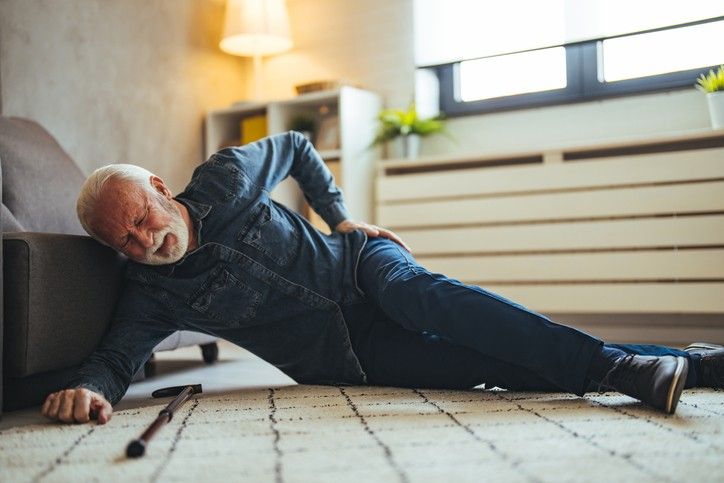Get Our Insider to Property Damage Brochure

How Can I Prove Negligence Caused My North Carolina Slip and Fall Injuries?
August 21, 2024At Dewey, Ramsay & Hunt, P.A., our Charlotte slip and fall injury attorneys know there is no limit to the number of ways these incidents can occur in North Carolina
Slip and fall injuries most commonly occur in areas with high foot traffic and inadequate maintenance, such as grocery stores, shopping malls, and parking lots. Wet or slippery floors in supermarkets, especially near entrances or in aisles with spilled liquids, are frequent hazards. Uneven sidewalks, poorly maintained staircases, and icy walkways also contribute to many incidents.
Additionally, slip and falls are prevalent in workplaces, particularly in industries like construction and manufacturing, where cluttered workspaces or slick surfaces are common. Property owners’ failure to address these hazards often leads to significant injuries for visitors or employees.
Our personal injury lawyers can help you file a claim against the homeowners, business owners, landlords, and even government entities, tenants or lessees, or third-party contractors. The claim must involve a dangerous or hazardous condition on the property, and the condition must be something that a reasonable property owner should have known about and addressed.
Here’s how to help prove that is true.
What Factors Help Strengthen Slip and Fall Accident & Injury Claims in North Carolina?
The first element we must prove to strengthen a slip and fall claim in North Carolina is Duty of Care. Property owners have a duty to maintain their premises in a reasonably safe condition for visitors. This includes fixing known hazards or providing adequate warnings.
Next, we must prove there was a Breach of Duty. We must show that the property owner breached their duty of care by failing to address the hazardous condition. This could involve neglecting to repair the hazard or not placing warning signs in the area.
Third, we must prove Causation. There must be a direct link between the hazardous condition and the injury. We must demonstrate that the fall occurred because of the hazardous condition and that the injuries were a direct result of the fall.
Finally, we must prove our client suffered Actual Injuries or Damages. This may include medical bills, lost wages, pain and suffering, or other financial losses resulting from the fall. Documentation, such as medical records and bills, is crucial to support the claim.
How the North Carolina Personal Injury Attorneys at Dewey, Ramsay & Hunt Can Help with Your Slip and Fall Claim
Our skilled Charlotte slip and fall accident and injury lawyers start by thoroughly investigating the incident, gathering vital evidence such as accident reports, witness statements, surveillance footage, and medical records to build a strong case.
We work to establish that the property owner or responsible party was negligent and that this negligence directly caused the injury to ensure liability is accurately determined, and the proper insurance coverage is being pursued for your damages.
We handle all communications with insurance companies, ensuring our clients are not pressured into accepting a low settlement. We will negotiate on your behalf to achieve a fair settlement for your unique claim. If a reasonable settlement cannot be reached during negotiates, we will represent your best interests inside the courtroom.
Have You Been Injured in a Slip and Fall Accident in North Carolina?
If you were injured in a slip and fall accident or another premises liability incident caused by negligence in North Carolina, our personal injury attorneys in Charlotte at Dewey, Ramsay & Hunt want to hear your story during a free consultation by calling 704-377-3737 or contacting us online.
We provide unique legal services tailored to each client’s needs and do not get paid unless you do.
Your Injury, Our Fight. How can we help you take a stand?
Because every case is different, the description of awards and issues previously managed by our law firm does not guarantee a similar outcome in current or future cases.

